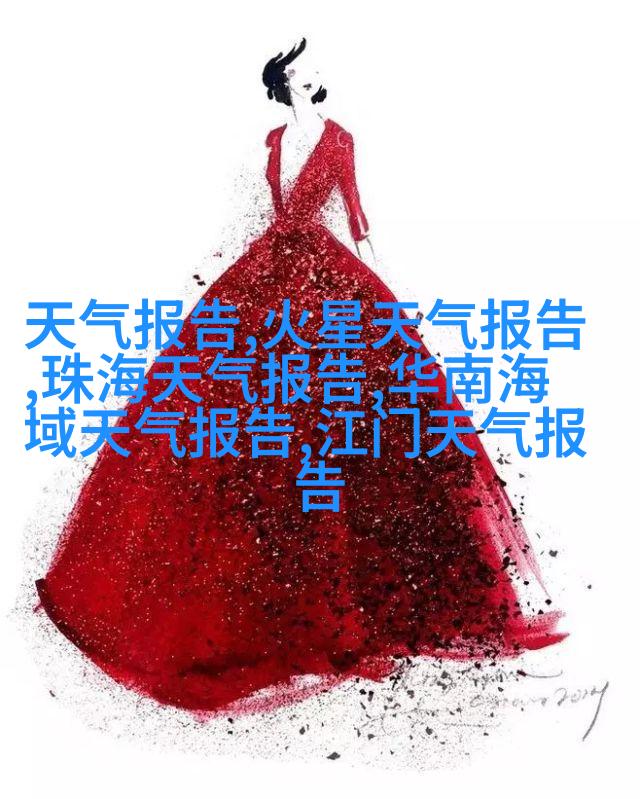首页 - 天气报告 - Steeped in Tradition A Tale of Two Beverages
Steeped in Tradition: A Tale of Two Beverages

For centuries, tea and coffee have been the most popular beverages in the world. Both have their unique history, cultural significance, taste, and health benefits. In this essay, we will explore these differences by examining six distinct points.
Origins

Tea originated in ancient China around 2700 BC when Chinese Emperor Shennong accidentally discovered it while boiling water for his soldiers to ward off fatigue caused by a long day's march. The leaves from a nearby Camellia sinensis plant fell into the water resulting in its first brew. On the other hand, coffee has its roots dating back to Ethiopia around 1000 AD when shepherds noticed that after consuming red coffee cherries they became more alert and energized.
Preparation Methods

Preparation methods vary greatly between tea and coffee cultures. Tea can be prepared using various techniques such as steeping (black or green), infusing (herbal), or fermenting (pu-erh). There are numerous ways to make black tea like English breakfast style with hot water or Japanese sencha method with cold-brewed green tea leaves soaked overnight at room temperature.
Coffee preparation is much simpler involving either brewing ground beans using hot water or cold-water extraction through French press immersion method where coarsely ground beans steep for several minutes before being pressed down for consumption.

Taste Profiles

The taste profiles of both beverages differ significantly due to their processing methods and ingredients used during production stages like oxidation levels among others which result in an array of flavors ranging from floral notes found within green teas to rich chocolatey hints present within dark roasted coffees.
4.Cultural Significance
Both beverages hold significant cultural importance worldwide but each has different customs associated with them such as Japan's traditional Japanese Tea Ceremony where guests gather at a specially designed room called chashitsu surrounded by tranquil gardens while participating in rituals related to preparing matcha powder - one bowl per guest served on lacquerware bowls followed by polite conversation about nature-related topics until all participants finish their drinks after which they politely leave without making any noise so as not disturb host who cleans up afterward before ending session gracefully by bowing towards each other expressing gratitude for gathering together under shared love of tradition passed down generations since time immemorial - here lies deep-rooted bond tied between people through simple act sharing cupped beverage made possible only because someone else worked hard behind scenes creating perfect blend – i.e., "wa" (harmony) principle prevalent throughout society emphasizing unity & respect above individual desires especially important today given how divisive world seems becoming increasingly fragmented across social media platforms taking away precious moments spent face-to-face connecting heart-to-heart & truly understanding another human soul’s thoughts emotions desires fears hopes dreams aspirations—tea ceremony fosters sense belonging community connection fostering deeper empathy compassion understanding leading toward greater global harmony peace happiness prosperity; just imagine if everyone had opportunity participate learn appreciate art form just like many do enjoying music dance theater painting literature poetry—imagine what kind profound impact might occur upon our planet!
猜你喜欢
- 2025-02-17探索国产MV新风尚麻花豆传媒剧带你走进文化创意的数字殿堂
- 2025-02-17揭秘咖啡神话从无限易期货软件官网到美丽的黎巴嫩故乡
- 2025-02-17揭秘咖啡神话58同城寻找古老传说中的咖啡起源地
- 2025-02-17如何精准运用基金补仓计算公式以最大化投资收益
- 2025-02-17战略管理案例分析在危机响应中的重要性是什么
- 2025-02-17公募基金最新持仓情况-追踪市场变动深度剖析公募基金的投资策略与调整动向
- 2025-02-17自然界中探索减肥与微型期货交易平台的结合黑咖啡能否成为你的助手
- 2025-02-17咖啡技术分享揭秘顶级咖啡机的天价
- 2025-02-17春闺梦里人古典女子在梦境中的情感纠葛
- 2025-02-17咖啡粒度的秘密大颗与小颗之间的差异探究

